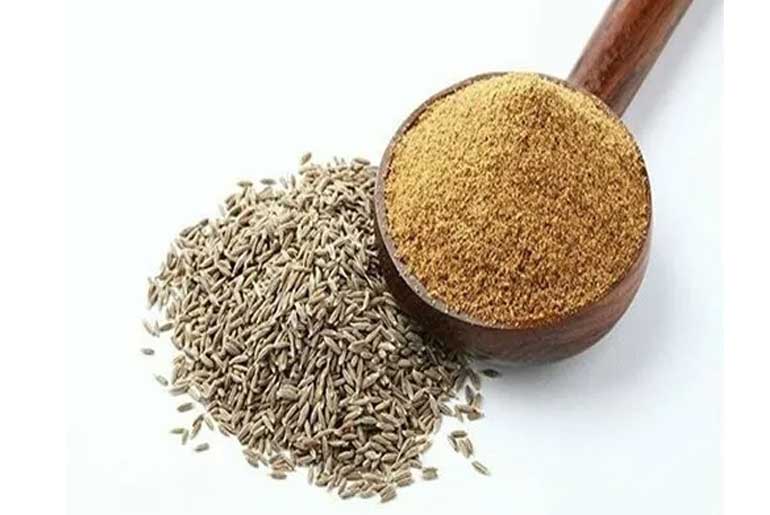Cumin (Cuminum cyminum) is a spice that has been used for centuries in various culinary traditions and is known for its distinct flavor and aroma. Beyond its culinary uses, cumin is also believed to offer several health benefits:
1. Digestive Aid:
Cumin is known for its digestive properties. It may help stimulate the secretion of pancreatic enzymes and facilitate the digestion of food. Additionally, cumin may help relieve gas and bloating.
2. Anti-Inflammatory Properties:
Cumin contains antioxidants that may help reduce inflammation in the body. Chronic inflammation is associated with various health issues, so consuming anti-inflammatory foods like cumin can be beneficial.
3. Rich in Iron:
Cumin is a good source of iron, an essential mineral that plays a crucial role in the formation of hemoglobin and oxygen transport in the blood. This makes it potentially beneficial for individuals with iron-deficiency anemia.
4. Antioxidant Content:
Cumin contains compounds with antioxidant properties, such as flavonoids and polyphenols. Antioxidants help neutralize free radicals in the body, which can contribute to chronic diseases and aging.
5. Weight Management:
Some studies suggest that cumin may help with weight loss and the reduction of body fat. It is thought to do this by increasing metabolism and improving insulin sensitivity.
6. Cholesterol Reduction:
Research indicates that cumin may have a positive impact on lipid profiles, potentially lowering levels of total cholesterol and triglycerides.
7. Blood Sugar Regulation:
Cumin may have a role in regulating blood sugar levels. Some studies suggest that it may help improve insulin sensitivity and reduce complications associated with diabetes.
8. Anti-Cancer Properties:
Some preliminary studies suggest that cumin may have anti-cancer properties. Its antioxidant and anti-inflammatory effects may contribute to this potential benefit.
It’s important to note that while cumin can be a healthy addition to a balanced diet, it’s not a cure-all, and individual responses may vary. If you have specific health concerns or conditions, it’s advisable to consult with a healthcare professional for personalized advice. Additionally, moderation is key, as excessive consumption of any spice or herb may have adverse effects.
Disclaimer:
The information contained in this article is for educational and informational purposes only and is not intended as a health advice. We would ask you to consult a qualified professional or medical expert to gain additional knowledge before you choose to consume any product or perform any exercise.






